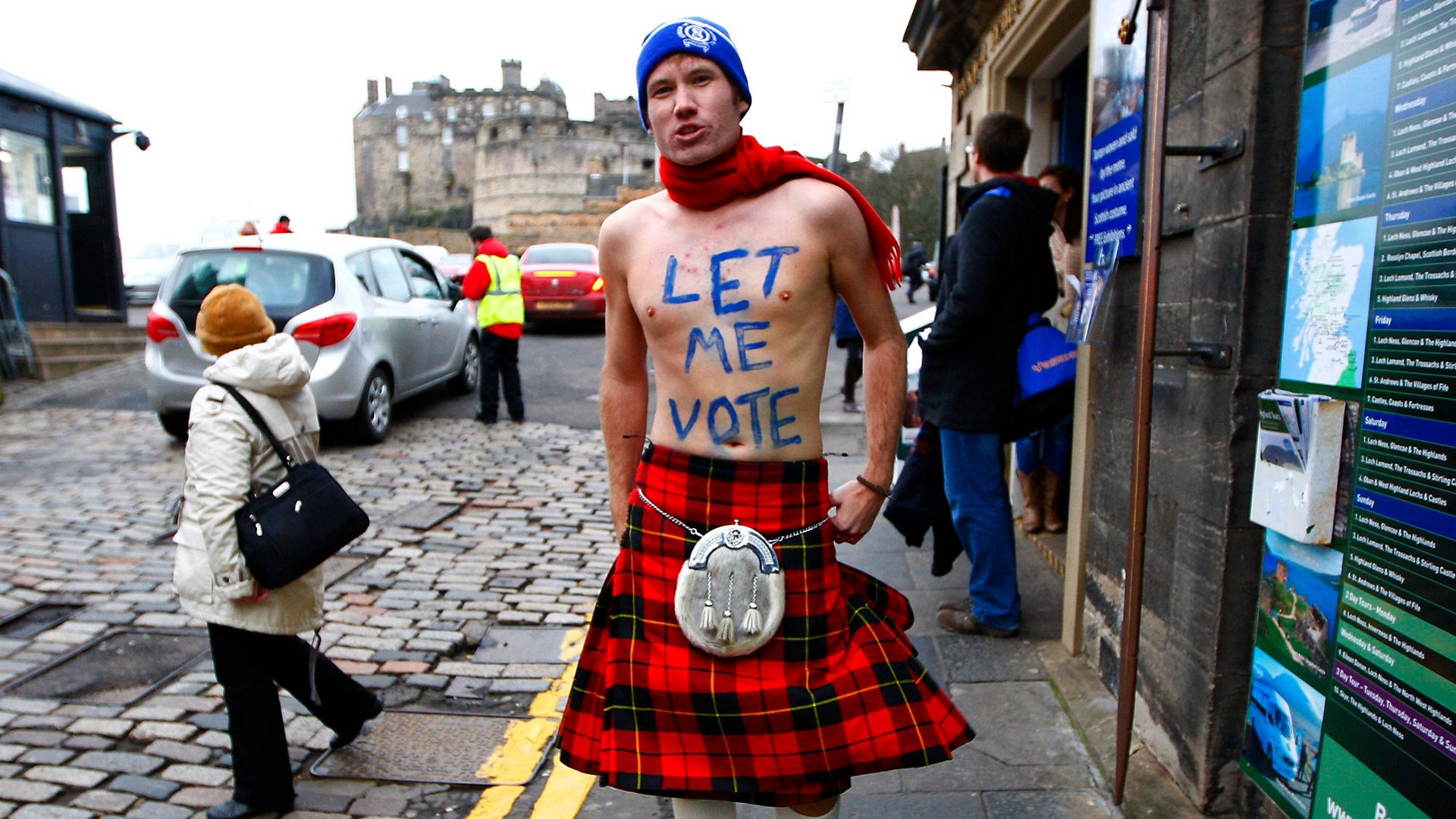The Brexit polls are too close to call, which means the UK will vote “remain”
With numerous polls giving conflicting results about whether Britain will vote to stay in or leave the EU, there’s good reason to believe the ”remain” camp will win.


With numerous polls giving conflicting results about whether Britain will vote to stay in or leave the EU, there’s good reason to believe the ”remain” camp will win.
If current voting intentions are indeed split 50-50—which is about where the polls average out—then a great deal depends on the vote of those currently ”undecided,” whom polls put at more than 10% of the population. And we know from past experience that a greater proportion of the undecideds are likely to vote to keep the status quo—that is, to vote “remain.”
The “status quo bias” is our implicit desire to keep what we are used to. The bias plays a crucial role in any decision, and behavioral psychologists have observed it play out in many situations: from changing your electricity supply scheme to voting in elections.
Political analyst Peter Kellner has shown the status quo bias working in five out of the six referendums that the UK has seen in the last 40 years. In three cases, opinion polls swung strongly towards the status quo option in the last weeks of campaigning. And in two cases—Scotland’s 1979 referendum on devolution and its 2014 referendum on independence—opinion polls remained neck-to-neck until just before the vote, and yet the status quo position still won out.
In the most recent polls, the status quo bias seems to be showing. After undecideds are taken into consideration, ComRes puts “remain” at 54% and “leave” at 46%. YouGov puts remain at 51% and leave at 49% (though the gap is just barely more than the error margin on the poll).
One reason for status quo bias is that referendums are different from elections. A government will only last a term, but once you vote in a referendum there’s no going back. As researcher Nichola Kent-Lemon explains:
If we look at political decisions throughout history it is clear that extreme decisions are usually only made under extreme conditions. Voters will usually only vote for significant change if their current situation is very uncomfortable indeed, and they have little to lose. Indeed, extremist parties often rise to power during economic hardship, when voters are looking for extreme solutions.
Of course, nothing is for certain. In recent years, UK polls have come under attack for not being able to judge public sentiment accurately. It may be that they have underestimated the “leave” vote. But, if they haven’t, it seems likely that UK voters will end up voting to remain in the EU, after an exceptionally ugly political campaign.